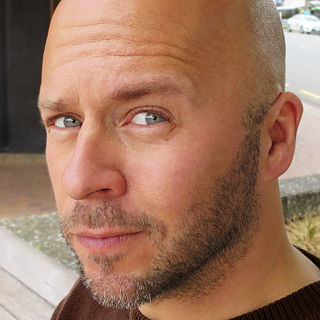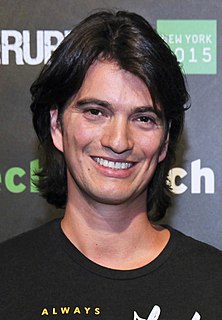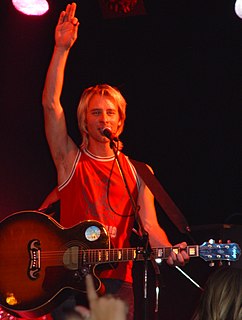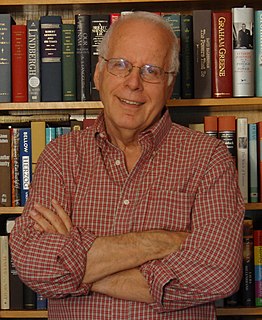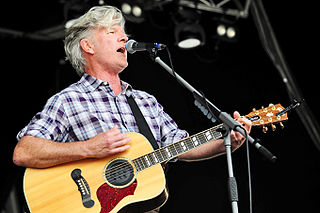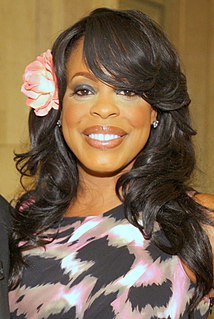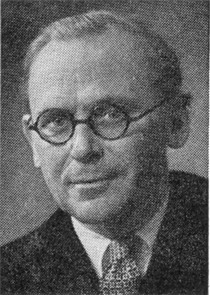A Quote by Derek Sivers
Five years after I started CD Baby, when it was a big success, the media said I had revolutionized the music business. But 'revolution' is a term that people use only when you're successful. Before that, you're just a quirky person who does things differently.
Related Quotes
I think that most people don't think in terms of an American revolution, they think in terms of a Russian revolution, or even a Ukrainian revolution. But the idea of an American revolution does not occur to most people. And when I came down to the movement milieu seventy-five years ago, the black movement was just starting, and the war in Europe had brought into being the "Double V for Victory" [campaign]: the idea was that we ought to win democracy abroad with democracy at home. And that was the beginning of an American revolution, and most people don't recognize that.
Every generation has a changing of the guard in media. We do the same stuff that everybody else does, but we just do it differently. We do our content online differently. We do our magazines differently. We do our TV differently. We never had anyone tell us how to do magazines, so we just developed it in a different way.
As far as the media is concerned, they ought to hate me. Before I came along, they had a monopoly. Before I came along, nationally all there was, was the three networks, the big newspapers, and CNN. When I started in '88, that was it. And now look. That monopoly they had is gone. Now there is Fox News, from 1996. That was nine years after I started. You got all kinds of conservative talk radio out there now. And that's done nothing but grow. I have not lost a single listener because of all the other shows. We've grown the pie, so to speak.
The big change was reggae and hip-hop, which came along after Split Enz had started. When Bob Marley first visited New Zealand, he lit a fuse that is still burning very brightly. The Maori people particularly honor reggae music in a very big way. So there is a strong reggae scene and a strong hip-hop scene, especially among Samoans. There's still plenty of quirky stuff around. No one expects to make much money here, so it definitely does encourage an underground sense.
They dislike me, the liberal media dislikes me. I was always the best at what I did, I went to the Wharton School of Finance, did well. I went out, I started in Brooklyn office with my father, I became one of the most successful real estate developers, one of the most successful business people. I created maybe the greatest brand. I then go into, in addition to that, part time, like five percent a week, I open up a television show. The Apprentice on many evenings was the number one show on all of television, a tremendous success.
I decided to become an actor at five. I saw the most gorgeous woman that I had ever seen in my five years of living on television. She had on a long, red dress and her eyelashes looked like butterflies and I said, "Grandmamma, who is that?" She said, "Baby, that's Lola Falana." I said, "That's it right there. I want to be black, fabulous, and on TV."
I had lost my sister recently, too, which meant that my whole family was gone. I was the baby of the family. There were five Sendaks and there were five Wild Things, and now there's only one Sendak, and he's about to bite the dust, too! Life, as I said before, was very difficult at that time and so it was natural that there would be a change in the look of things. Also, I was very impressed with my own strength in doing this under the circumstances in which I was living.
The same costume will be Indecent ten years before its time, Shameless five years before its time, Outre (daring) one year before its time, Smart (in its own time), Dowdy one year after its time, Ridiculous twenty years after its time, Amusing thirty years after its time, Quaint fifty years after its time, Charming seventy years after its time, Romantic one-hundred years after its time, Beautiful one-hundred-and-fifty years after its time.
